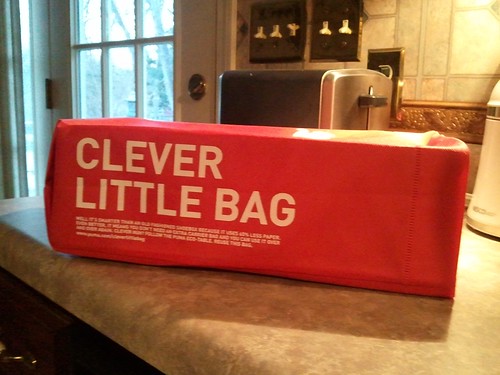Moneylenders of every ilk are looking for a way to get the most amount of profit out of their investment with the least amount of risk. This works to a scale, which is why if you are deemed as a good risk (i.e. good credit rating, regular long-term income) then you get better rates, where as is you are a bad risk (i.e. bad credit rating, poor money management) then you will be charged higher interest rates.
This is the reason why most Bad Credit Quick Loans are so expensive for such short periods of time. It is also the reason that people with good credit are always getting letters through the post about having a loan or charge account.
A small business is a fairly large risk in the eyes of a lender. Especially if it is so small that the owner is requesting Debit Card Loans. A lender is looking for a business loan that is preferably for an established business that has a good income and good track record. If the business were a start up concern, then a lender would prefer an established and branded franchise, run by a person with a proven track record in the field, in a prime location with a decent marketing and business plan. All of this would make lending the money a little less risky, so the lender would probably consent.
This means that if you are looking to borrow money for a small business and do not want to jump to Bad Credit Quick Loans, then try to make yourself and your business concern less of a lending risk. One of the best ways to sway the lender is to put in a substantial amount of money yourself. For example if you were looking to improve the cookers in your kitchens to ones that use less energy, then apply to a lender. Show them how your purchase will fit into your business plan and show them facts upon how these improvements will benefit your business and its profitability. You will then stand a good chance if you can show that your current disposable/liquid income is three times higher than the monthly repayment needed. You can then improve your case further by putting a lot of money into the project yourself. If for example you were to put 75% of the costs into the project, then you would greatly improve your case. If you put nothing into the kitty, then the lender may assume that you are cash-poor and possibly lying about your income.
Obviously, if you are going to claim that you are going to put a certain amount of money into a purchase and you are asking for the rest of the money via a small business loan, then you will need to prove how much the purchase costs, and prove that you have the money to put down.
If you do get stuck for a loan, then try Debit Card Loans and overdrafts. They are often cheaper than other varieties of loans and could solve your small business problems in one foul swoop.
About the Author: Anna Mathews has taken many Bad Credit Quick Loans and Debit Card Loans and now knows all there is to know about how they work in the financial world.




